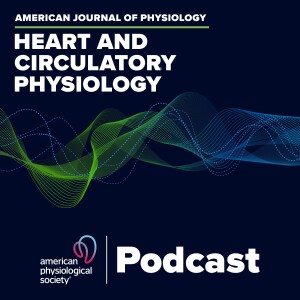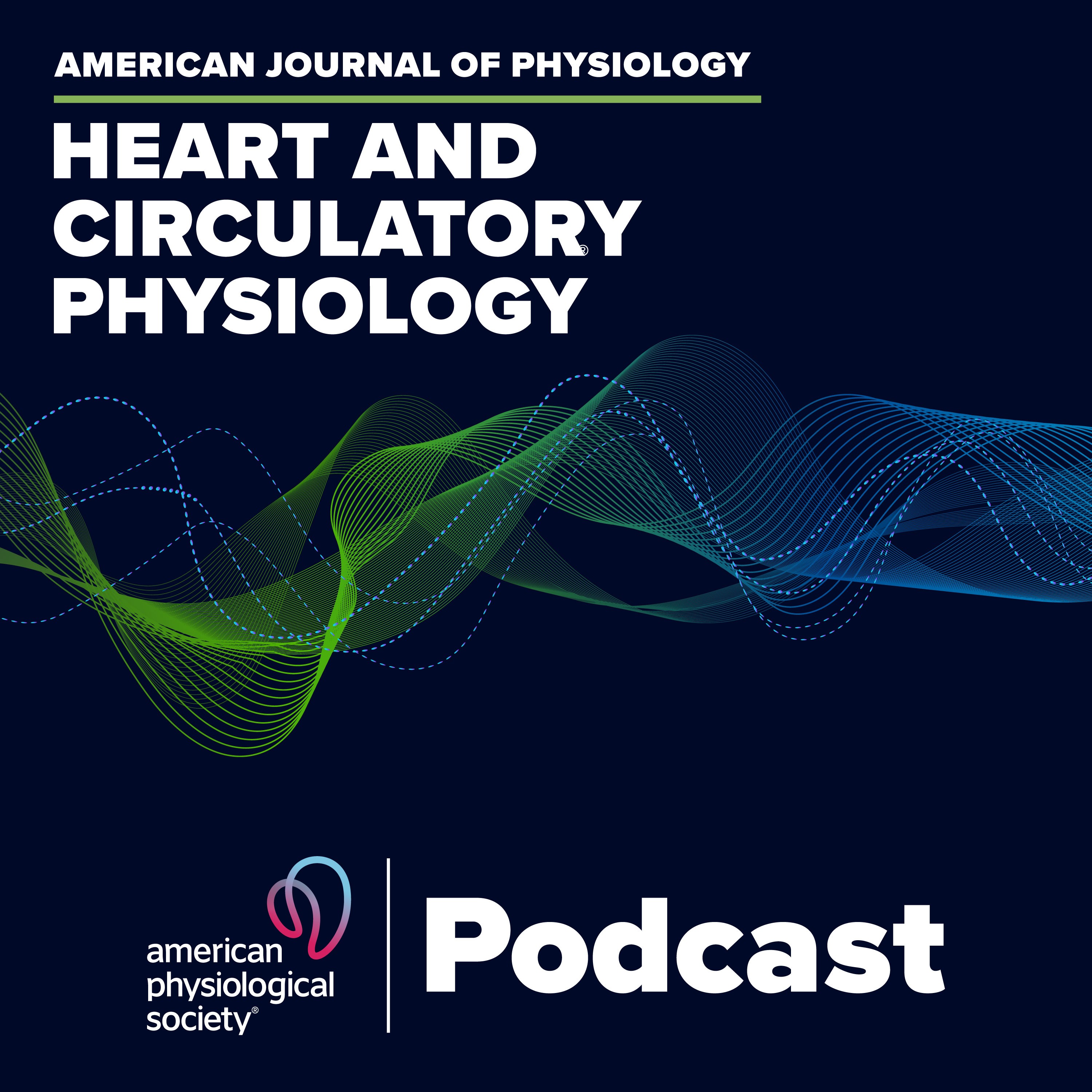Episodes

Thursday Apr 07, 2016
Cardiac Adaptations During a Mountain Ultra-Marathon
Thursday Apr 07, 2016
Thursday Apr 07, 2016
Can a mountain ultra-marathon—arguably the most grueling and strenuous form of extreme exercise—be good for your heart? That’s just what we discuss in this latest podcast. Listen as Editor-in-Chief Dr. Irv Zucker interviews lead author Stéphane Nottin (Montpellier I University & Nimes University Hospital Center) and leading expert Michael Joyner (Mayo Clinic) about the work Nottin and colleagues undertook measuring the effects of this type of extreme exercise on the cardiac function of runners before, during, and after the world's most challenging mountain ultra-marathon Tor des Géants in the Italian Alps. While traipsing echocardiographic equipment around the Alps is no small feat, the results of Nottin and co-authors were even more interesting. As opposed to races of shorter duration or less extreme conditions (a typical marathon course, for example), post-race cardiac function improved in the ultra-marathoners. What role does exercise intensity play in these measurements of improved cardiac function? Why does end-diastolic volume increase at the end of the race, and does an increase in plasma volume explain the increase in gastric function in racers? Listen to find out.
Claire Maufrais, Grégoire P. Millet, Iris Schuster, Thomas Rupp, Stéphane Nottin Progressive and biphasic cardiac responses during extreme mountain ultra-marathon Am J Physiol Heart Circ Physiol, published February 26, 2016. DOI: 10.1152/ajpheart.00037.2016.

